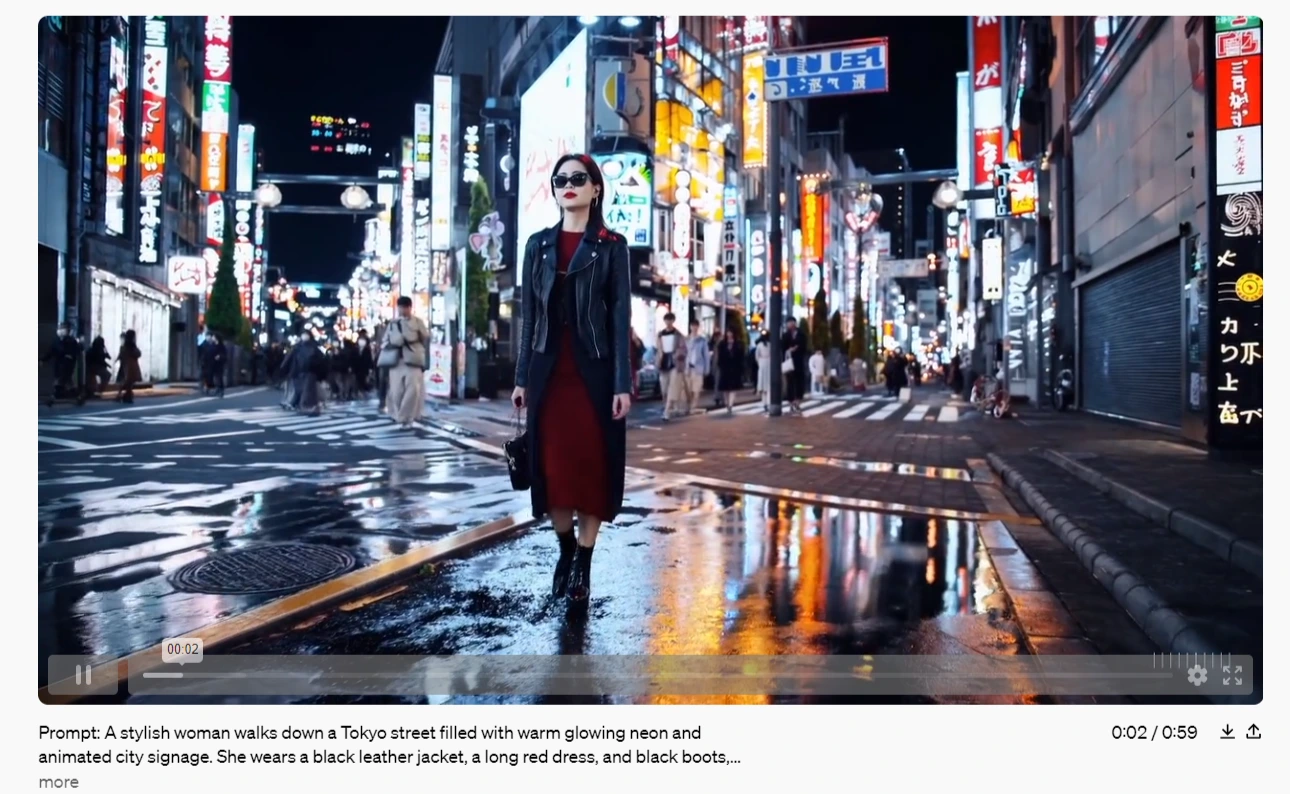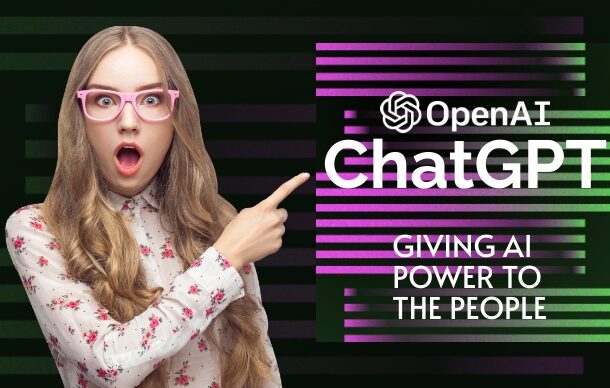
OpenAI, the research lab synonymous with cutting-edge artificial intelligence (AI), has been making waves with its groundbreaking models like GPT-3 and Dall-E 2. But as its influence grows, so do concerns about its potential to monopolize the AI space. In this blog, we’ll delve into OpenAI’s journey, its latest advancements like the text-to-video generator “SORA,” and the potential pros and cons of its dominance. But before we dive in, let’s remember this: it’s not about humans vs. AI, it’s about corporations vs. people.
OpenAI’s Timeline:
- December 2015: Founded by Elon Musk, Sam Altman, Ilya Sutskever, and others as a non-profit research company with the goal of ensuring that artificial intelligence benefits all of humanity.
- July 2019: Microsoft invests $1 billion in OpenAI.
- November 2020: OpenAI transitions to a for-profit capped-profit structure, with Microsoft remaining a major investor.
- January 2021: OpenAI releases GPT-3, a large language model that can generate human-quality text.
- July 2021: OpenAI releases Codex, an AI code completion tool.
- January 2022: OpenAI releases DALL-E 2, an image generation model that can create realistic images from text descriptions.
- November 2023: OpenAI releases Jukebox, an AI music composer.
- February 2024: OpenAI releases SORA, a text-to-video generation model.
OpenAI ‘s Rise: From Non-Profit to Microsoft’s Playground
OpenAI started in 2015 as a non-profit with the noble goal of ensuring the beneficial development of AI for all. However, in 2020, it transitioned to a for-profit model, with Microsoft acquiring a significant stake. This shift raised eyebrows, with some fearing Microsoft’s influence on OpenAI’s mission.
The AI Arsenal: A Glimpse into OpenAI Powerhouse
OpenAI boasts a formidable arsenal of AI models, each pushing the boundaries of what’s possible:
- GPT-3: The language model that can generate human-quality text, translate languages, and write different kinds of creative content.
- DALL-E 2: The image generator that creates stunningly realistic images from text descriptions.
- Codex: The AI coder that can translate natural language instructions into code.
- Jukebox: The music composer that can create music in various styles.
- And now, SORA: The text-to-video generator that brings text descriptions to life with realistic visuals.

These models are already having a significant impact on various industries, from creative fields like writing and design to technical domains like software development.
The Monopoly Question
With its impressive technology and Microsoft’s backing, OpenAI certainly has the potential to become a dominant force in the AI space. But would this be a good thing? Let’s weigh the pros and cons:
Pros:
- Faster AI advancements: OpenAI’s resources could accelerate AI research and development, leading to faster breakthroughs.
- Standardization and consistency: One dominant player could set standards for AI development, ensuring compatibility and interoperability.
- Streamlined access: OpenAI could make its models more accessible and affordable, benefiting various users.
Cons:
- Limited competition: A monopoly could hinder innovation and diversity of thought in the AI field.
- Data and privacy concerns: OpenAI’s vast data collection and control could raise privacy issues.
- Corporate control: Microsoft’s influence could lead to AI development serving its own interests rather than the public good.
Beyond the Hype: Remembering the Human Element
While the debate about OpenAI’s monopoly potential rages on, it’s crucial to remember that AI shouldn’t be seen as a threat to humanity. It’s a tool, and like any tool, its impact depends on how we use it. We must ensure that AI development is guided by ethical principles, transparency, and inclusivity, regardless of who’s at the helm.
The Future is Now: Shaping the AI Landscape Together
The future of AI is not predetermined. We, as individuals and communities, have the power to shape its development. By engaging in open discussions, advocating for responsible AI practices, and supporting diverse voices in the field, we can ensure that AI benefits everyone, not just the chosen few.
OpenAI’s story is just one chapter in the larger narrative of AI development. Let’s ensure it’s a chapter filled with collaboration, innovation, and a focus on the human good, not corporate dominance.
actual members of OpenAI’s board of directors🙁source from reddit)
I found this website https://theorg.com/org/openai/teams/board-of-directors which lists Holden Karnofsky, Reid Hoffman, Shivon Zilis and Tasha McCauley as board members and Matt Mochary as advisor.
However OpenAI’s announcement of Altman’s departure mention that
OpenAI’s board of directors consists of OpenAI chief scientist Ilya Sutskever, independent directors Quora CEO Adam D’Angelo, technology entrepreneur Tasha McCauley, and Georgetown Center for Security and Emerging Technology’s Helen Toner.
The don’t mention Brockman, but they mention he was the president of the board. Does that mean he was part of the board, or just managing without actually being part (whatever that means)?
If Brockman was on the board but resigned as president it means that he was against the decision or at least he wasn’t the one who initiated this. I find it difficult to believe that McCauley and Toner led some sort of rebellion / witch hunt. So this means that either Sutskever or D’Angelo were leading this initiative. If it was D’Angelo leading this then maybe Sutskever will also step down at some point soon
